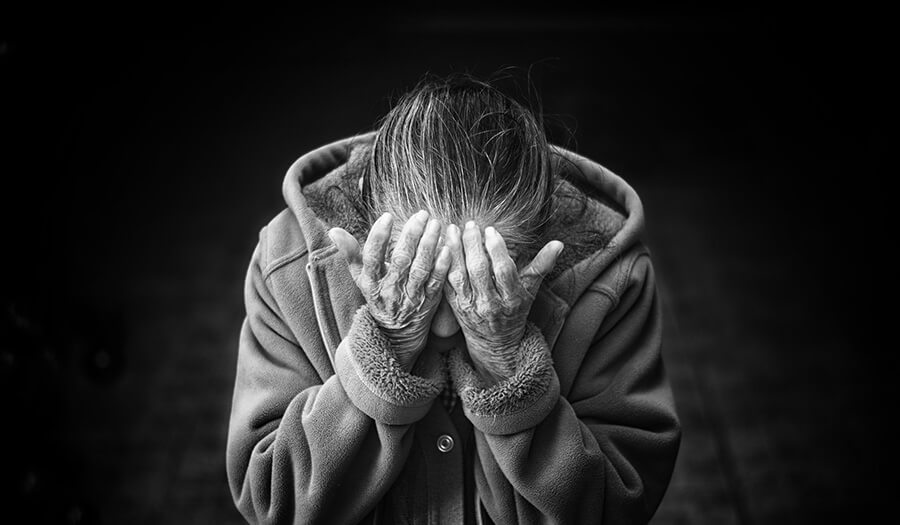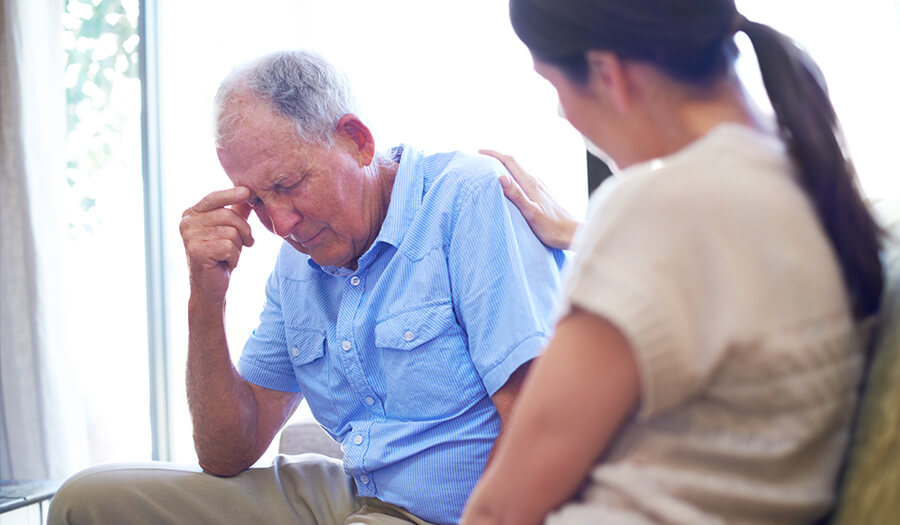With a lifelong marriage comes the inevitability of one spouse outliving the other. More than 13-million Americans suffer through this heart-wrenching loss each year. The majority of widowed men and women are seniors, who may have never envisioned a life without their partner. But despite grief, life goes on and the surviving spouse must take care of themselves lest they leave their family with another empty spot at the dinner table.
Wellness after loss
The moment a spouse passes is the moment many men and women lose interest in themselves. Between trying to come to terms with the death, planning a funeral, and sorting through a plethora of unfamiliar emotions, it’s easy to forget about self-care. The University of San Diego reminds that self-care is important after loss.
If you have recently lost a spouse, here are a few things to keep in mind to keep yourself healthy:
- Let others know what is needed. Chances are, you have a support network that is willing and ready to help in any way necessary. Vocalize your needs, whether it be for food, transportation assistance, or simply a shoulder to cry on.
- Understand your own version of grief. Grief does not look the same to everyone. You may be fully functional and feel guilty for having the ability to get through each day. Your mind will process grief in a way that’s best for you. Website Ageing Wellness is an online resource for seniors that may help you understand the process.
- Don’t neglect your hygiene, diet, and fitness routine. Although taking care of yourself won’t get your loved one back or fill the hole left behind, by keeping your body and mind strong, you will be in a better position to handle the emotions associated with grief. Get plenty of sleep, eat at least three healthy meals each day, and make a point to participate in any physical activities that you would normally partake with or without your partner.
- Express your emotions. It can be difficult to talk about someone you’ve recently lost. However, talking about them may be just what you need to help you move past whatever stage of grief you’re in. Talking isn’t the only way to focus on all of the positive aspects of your life together. Perhaps you could have a memorial service for them at home or write them a letter. The key is to express and handle your emotions in a positive way, so do what feels right.
Emotional rollercoaster
We’ve already mentioned that grief is not the same for everyone. One thing that is universally true, however, and that is that grief is an emotional roller coaster full of unexpected ups and downs. Grief is a unique in that it contains the entire spectrum of emotions. At the same time you may be happy, sad, confused, and angry. This is normal. And while grief never fully goes away, it becomes a less bumpy ride with time.
There is no single article that can put grief into perspective. It is an experience unique to each individual and only you know what you need at any given moment. But by taking care of yourself and seeking the support of your friends and family, you can get through the worst of the pain and continue to lead a whole and healthy life that honors the memory of your lost love.

Find more advice and content on our bereavement support Facebook page.






